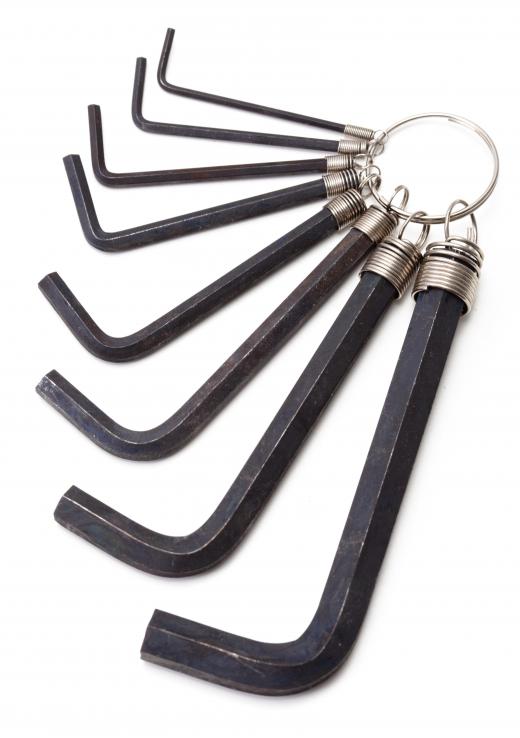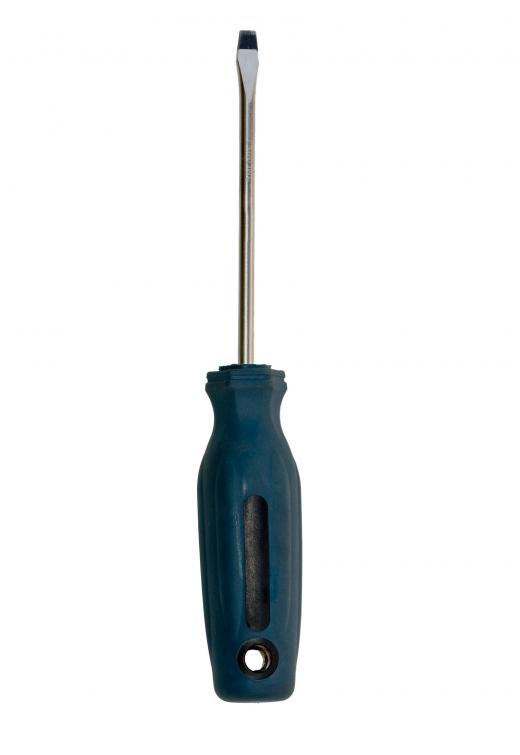A set screw is a unit of hardware designed to fasten one object inside of another. The set screw prevents relative movement between the two objects, which allows each to function as intended. These screws are generally made from brass or stainless steel, and are designed to pass through the outer object and rest against the inner object without passing through. In the UK, this type of fastening device is generally known as a Grub screw rather than a set screw.
Set screws are generally fastened using an internal mechanism rather than a traditional external head. The top of the screw may be slotted for use with a screwdriver, or may have a hexagonal shape. Slotted screws are simple to use, and do not require any special tools. Hexagonal set screws can be subjected to greater torque for a tighter connection, but require the use of special tools such as Allen wrenches.

The pointed end of a set screw may feature a variety of different shapes depending on the application. The most common is the cup point, which is slightly cupped to meet the surface of the inner object. It is used for permanent or semi-permanent installations, and provides a high level of security and control. Cone-pointed screws have a very sharp point that may penetrate the inner object to hold it in place permanently. While this type of fastener forms a very tight bond, it often causes damage to the inner object that may not be desirable in some applications.

Some types of set screws allow for more flexible installation. Those with flat points are affordable and easy to install, yet can be moved without damaging the inner object. Oval-shaped set screws have a point that is the inverse of a cup point. The rounded edge rests against the inner object to minimize the risk of damage or penetration. An oval set screw is the most practical type for situations where the inner and outer objects require regular adjustment.
A set screw may be used in a variety of different applications. One of the most common use is in doorknobs or lever locks. The handle or knob is fastened to the door, then covered with a separate plate, which is known as a "rose." A set screw is placed through the rose to prevent it from spinning around the handle or knob mechanism. These screws are also used in many industrial and mechanical devices, especially rotating items such as pulleys or wheels.
